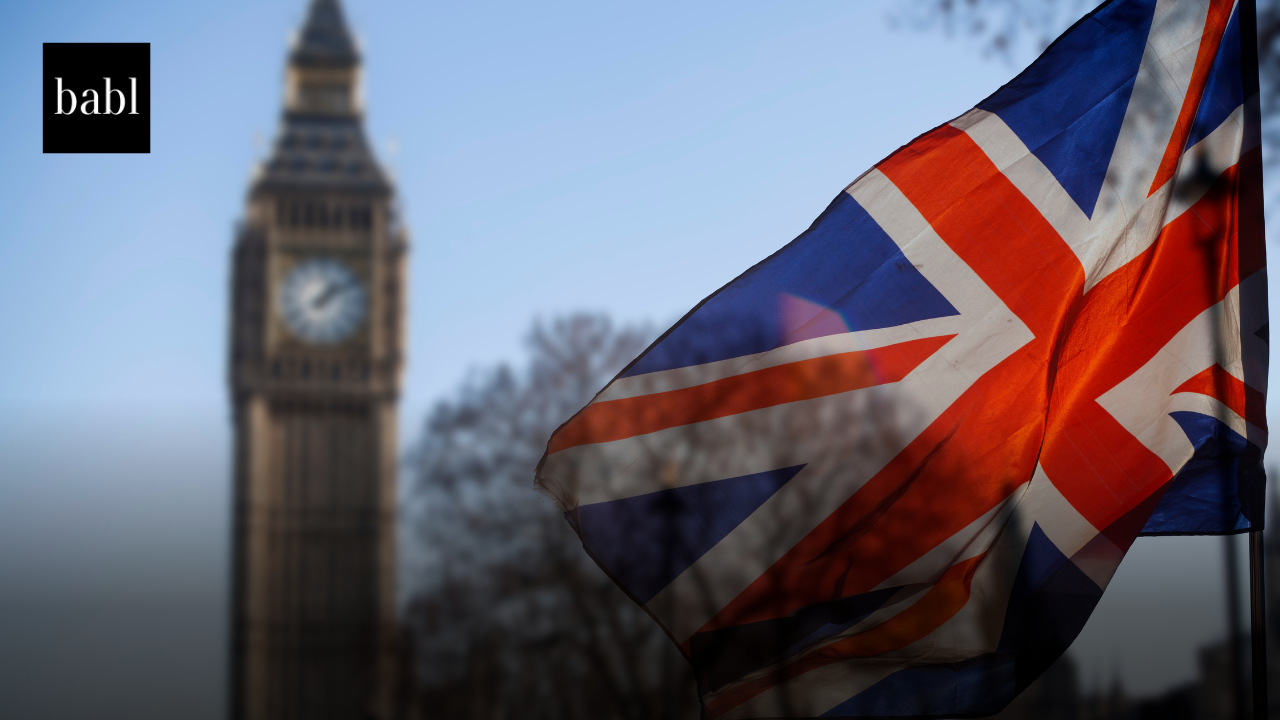The British government has announced stringent measures to combat the creation of sexually explicit ‘deepfakes,’ a form of synthetic media that combines or replaces existing images or videos with manipulated content, often used to create non-consensual and demeaning material. Under the new law, individuals producing sexually explicit deepfake images without consent will face criminal prosecution and an unlimited fine. Moreover, if these images are shared, the offenders could potentially face imprisonment. The legislation aims to address the growing prevalence of deepfake images, which are increasingly being circulated worldwide, causing distress and harm to victims.
This initiative, spearheaded by the Ministry of Justice and Laura Farris MP, underscores the government’s commitment to protecting women and girls from online abuse and exploitation. The move follows last year’s reforms in the Online Safety Act, which criminalized the sharing of deepfake intimate images for the first time. Minister for Victims and Safeguarding, Laura Farris, condemned the creation of deepfake sexual images as “despicable and completely unacceptable,” emphasizing the government’s zero-tolerance approach towards such malicious activities. Farris highlighted the potential catastrophic consequences of sharing such material and reiterated the government’s determination to hold perpetrators accountable.
The proposed amendment to the Criminal Justice Bill expands on existing legislation, introducing new criminal offenses to punish individuals who create or distribute intimate images without consent. These measures build on previous initiatives, including the ‘upskirting’ offense, aimed at addressing various forms of image-based abuse. The government’s efforts to combat violence against women and girls have been further reinforced by reclassifying it as a national threat, prioritizing law enforcement responses to such offenses. In a landmark case, Nicholas Hawkes was sentenced under the new Cyberflashing offense, highlighting the government’s commitment to tackling online sexual harassment.
The announcement has been welcomed by campaigners and organizations advocating for women’s rights and online safety. Cally Jane Beech, a campaigner and former Love Island contestant, hailed the new offense as a significant step towards strengthening laws to protect women. Similarly, Deborah Joseph, European Editorial Director of GLAMOUR, emphasized the importance of putting women’s safety at the center of the legislative agenda.
In addition to addressing deepfake creation, the government has introduced amendments to the Sexual Offenses Act 2003 to extend voyeurism offenses to cover non-consensual images of breastfeeding. Furthermore, reforms in the Criminal Justice Bill will impose longer sentences for offenders who cause death through abusive sexual behavior or ‘rough sex,’ reflecting the government’s commitment to justice for victims of sexual violence.
If you’re wondering how these measures, or any other AI regulations and laws worldwide could impact you and your business, don’t hesitate to reach out to BABL AI. Their Audit Experts can address your concerns and questions while offering valuable insights.





